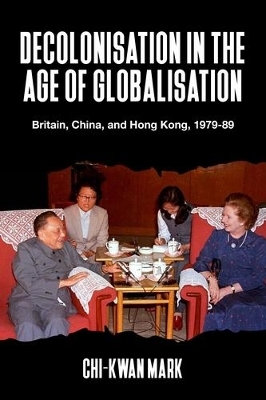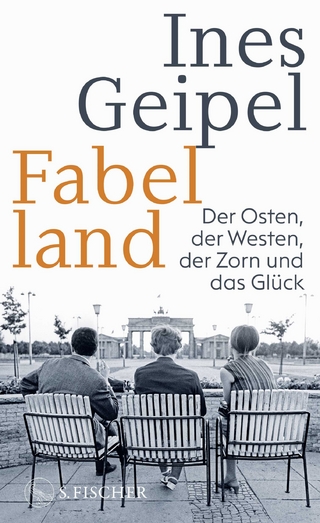
Decolonisation in the Age of Globalisation
Britain, China, and Hong Kong, 1979-89
Seiten
2023
Manchester University Press (Verlag)
9781526171320 (ISBN)
Manchester University Press (Verlag)
9781526171320 (ISBN)
Drawing extensively on the declassified British archives and Chinese sources, this book explores how Britain and China negotiated for Hong Kong’s future, and how Anglo-Chinese relations flourished after 1984. This original study argues that Thatcher was a pragmatic neoliberal, and the British diplomacy of ‘educating’ China yielded mixed results. -- .
In the 1980s, Britain actively engaged with China in order to promote globalisation and manage Hong Kong’s decolonisation. Influenced by neoliberalism, Margaret Thatcher saw Britain as a global trading nation, which was well placed to serve China’s reform. During the negotiations over Hong Kong’s future, British diplomats aimed to educate the Chinese in free-market capitalism. Nevertheless, Deng Xiaoping held an alternative vision of globalisation, one that privileged sovereignty and socialism over market liberalism and democracy. By drawing extensively upon the declassified British archives along with Chinese sources, this book explores how Britain and China negotiated for Hong Kong’s future, and how Anglo-Chinese relations flourished after 1984 but suffered a setback as a result of the 1989 Tiananmen Square crackdown. This original study argues that Thatcher was a pragmatic neoliberal, and the British diplomacy of ‘educating’ China yielded mixed results. -- .
In the 1980s, Britain actively engaged with China in order to promote globalisation and manage Hong Kong’s decolonisation. Influenced by neoliberalism, Margaret Thatcher saw Britain as a global trading nation, which was well placed to serve China’s reform. During the negotiations over Hong Kong’s future, British diplomats aimed to educate the Chinese in free-market capitalism. Nevertheless, Deng Xiaoping held an alternative vision of globalisation, one that privileged sovereignty and socialism over market liberalism and democracy. By drawing extensively upon the declassified British archives along with Chinese sources, this book explores how Britain and China negotiated for Hong Kong’s future, and how Anglo-Chinese relations flourished after 1984 but suffered a setback as a result of the 1989 Tiananmen Square crackdown. This original study argues that Thatcher was a pragmatic neoliberal, and the British diplomacy of ‘educating’ China yielded mixed results. -- .
Chi-kwan Mark is Senior Lecturer in International History at Royal Holloway, University of London -- .
Introduction
1 Anglo-Chinese relations, 1979
2 Globalisation without decolonisation? Hong Kong, 1979–81
3 Not for (re)turning: Thatcher meets Deng Xiaoping, 1982
4 Bargaining for sovereignty and administration, 1982–83
5 Negotiating autonomy and continuity, 1984
6 Anglo-Chinese relations and postcolonial globalisation, 1985–86
7 Democratisation and its limits, 1985–89
Conclusion
Index -- .
| Erscheinungsdatum | 28.06.2023 |
|---|---|
| Verlagsort | Manchester |
| Sprache | englisch |
| Maße | 156 x 234 mm |
| Gewicht | 567 g |
| Themenwelt | Geschichte ► Allgemeine Geschichte ► Zeitgeschichte |
| Geschichte ► Teilgebiete der Geschichte ► Wirtschaftsgeschichte | |
| Sozialwissenschaften ► Politik / Verwaltung ► Politische Systeme | |
| Sozialwissenschaften ► Politik / Verwaltung ► Staat / Verwaltung | |
| Sozialwissenschaften ► Soziologie | |
| ISBN-13 | 9781526171320 / 9781526171320 |
| Zustand | Neuware |
| Informationen gemäß Produktsicherheitsverordnung (GPSR) | |
| Haben Sie eine Frage zum Produkt? |
Mehr entdecken
aus dem Bereich
aus dem Bereich
eine Deutschlandreise im Jahr 1958
Buch | Hardcover (2024)
C.H.Beck (Verlag)
CHF 29,90
der Osten, der Westen, der Zorn und das Glück
Buch | Hardcover (2024)
S. Fischer (Verlag)
CHF 36,40


